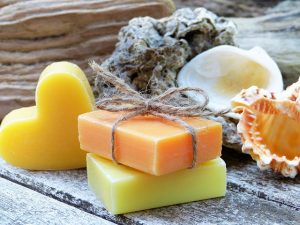Collagen, vital for skin structure and elasticity, declines with age, leading to signs of aging. Targeted skincare products with ingredients like vitamin C, retinol, peptides, and plant extracts stimulate collagen synthesis, combating aging and environmental damage for lasting skin health and rejuvenation. Non-invasive procedures like collagen boosting facials, along with hydration, exercise, sun protection, and a balanced diet, promote natural collagen production for smoother, firmer, rejuvenated skin.
Discover the secrets to achieving vibrant skin rejuvenation with our comprehensive guide to collagen-boosting facials. Understanding the foundational role of collagen in maintaining youthful skin, we explore how ageing leads to natural degradation. Uncover the power of topical collagen enhancement products and ingredients designed to stimulate production. Delve into lifestyle adjustments for optimal results and non-invasive procedures that harness nature’s gifts. Real-life case studies demonstrate the transformative potential of these techniques for a glowing complexion.
Understanding Collagen: The Skin's Foundation
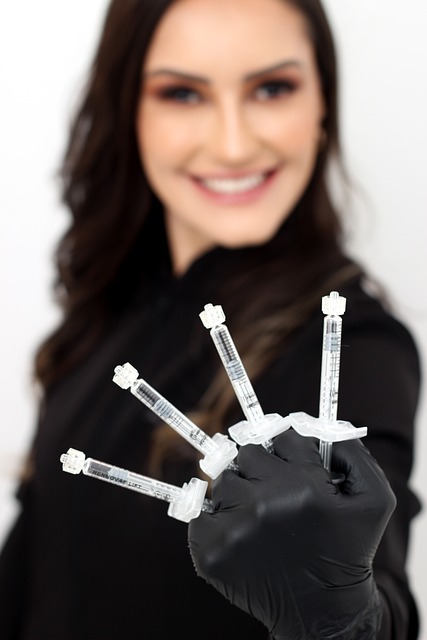
Collagen is often hailed as the unsung hero of skin rejuvenation, and for good reason. This natural protein forms the very foundation of our skin, providing structural support and elasticity. It’s what keeps our complexions looking youthful, firm, and supple. As we age, collagen production naturally declines, leading to fine lines, wrinkles, and a loss of skin tightness—a process accelerated by environmental factors like sun exposure and pollution.
Understanding collagen’s role in skin health is the first step towards effective skincare. By incorporating products that stimulate collagen synthesis or protect existing collagen fibers, you can actively support your skin’s natural rejuvenation processes. This involves using ingredients like vitamin C, retinol, peptides, and certain plant extracts, which have all been proven to boost collagen levels and enhance skin texture over time.
Ageing and Collagen Degradation: A Natural Process
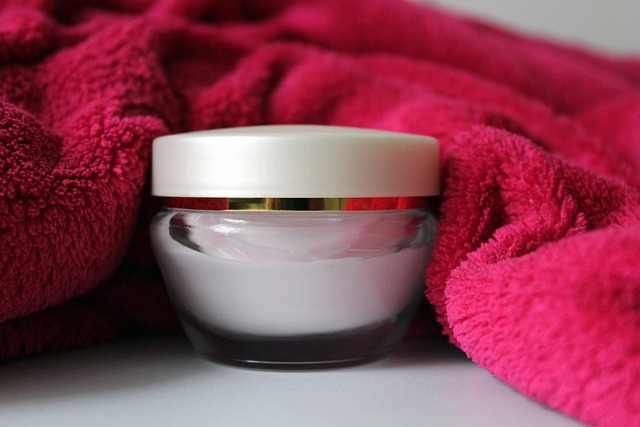
As we age, our skin undergoes natural changes and degrades over time. Collagen, a key protein responsible for maintaining skin elasticity and firmness, plays a pivotal role in skin rejuvenation. It’s remarkable how about 30% of our skin’s collagen content is lost by the age of 40. This degradation is due to several factors, including environmental exposure (like UV radiation), lifestyle choices, and the natural aging process itself.
The decline in collagen production leads to visible signs of aging such as fine lines, wrinkles, and reduced skin texture. However, harnessing the power of collagen-boosting ingredients can help reverse these effects and promote skin rejuvenation.
Unlocking Skin Rejuvenation: The Role of Collagen Boosting

Collagen is a protein that plays a crucial role in maintaining youthful, glowing skin. As we age, our bodies naturally produce less collagen, leading to skin laxity and fine lines. Unlocking skin rejuvenation involves harnessing the power of collagen-boosting ingredients and treatments. These strategies help stimulate the production of new collagen fibers, improving skin elasticity and texture.
Collagen-boosting facial treatments offer a non-invasive approach to reversing age-related skin changes. By incorporating peptides, vitamins, and specific amino acids into skincare routines, the skin’s natural collagen synthesis can be enhanced. This results in a more firm, smooth, and radiant complexion, effectively combating the signs of aging. Such treatments not only provide immediate benefits but also contribute to long-lasting skin health and rejuvenation.
Topical Collagen Enhancement: Products and Ingredients
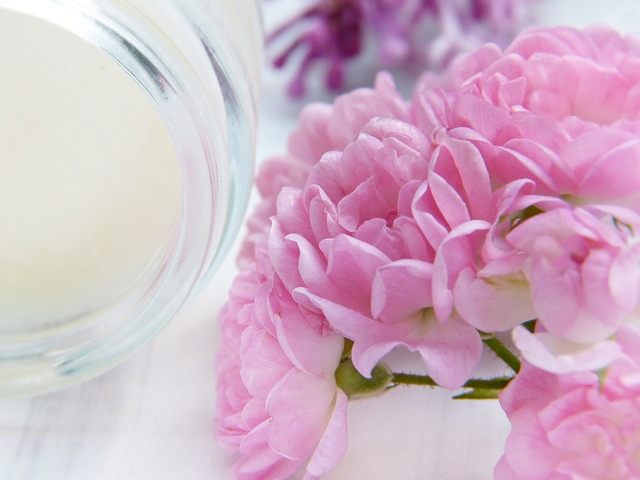
Topical collagen enhancement products have gained significant popularity in the realm of skin rejuvenation. These formulations are designed to stimulate the production of collagen, a key protein responsible for maintaining skin elasticity and a youthful appearance. By incorporating specific ingredients into their skincare routines, individuals can support their skin’s natural collagen levels and promote visible signs of aging reversal.
Commonly used ingredients in topical collagen boosters include peptides, retinol, vitamin C, and certain plant-based extracts. Peptides, for instance, are fragments of collagen that signal the skin to create more of this essential protein. Retinol, a derivative of vitamin A, encourages cell turnover and stimulates collagen synthesis. Vitamin C, an antioxidant, protects the skin from environmental damage while also enhancing collagen production. These ingredients, when combined in suitable formulations, offer a powerful approach to achieving smoother, firmer, and rejuvenated skin.
Lifestyle Factors for Optimizing Collagen Production
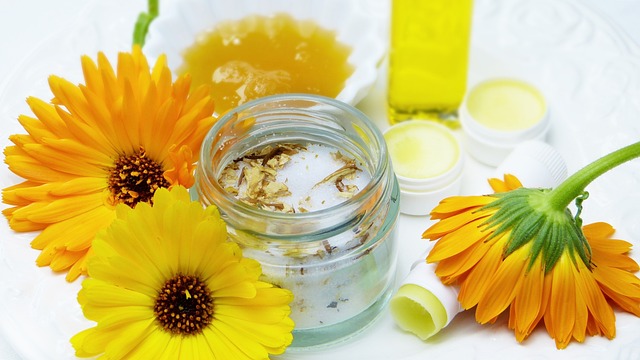
Collagen is a key protein for achieving and maintaining youthful skin, so optimizing its production is essential for effective skin rejuvenation. Several lifestyle factors play a significant role in enhancing collagen synthesis. One of the most crucial aspects is staying hydrated; drinking an adequate amount of water supports the production and retention of collagen fibers, keeping your skin looking plump and supple.
Another vital element is regular exercise. Physical activity increases blood flow to the skin, promoting the delivery of essential nutrients required for collagen production. Additionally, protecting your skin from excessive sun exposure is critical, as UV radiation can break down collagen and accelerate skin aging. A balanced diet rich in antioxidants, vitamins C and E, and proline-rich amino acids also contributes to optimal collagen levels, fostering a vibrant and rejuvenated complexion.
Non-Invasive Procedures: Enhancing Collagen Naturally
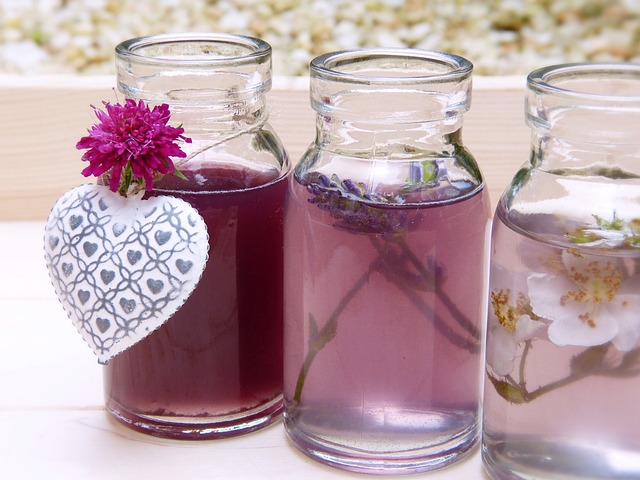
Many modern skincare routines focus on non-invasive procedures for skin rejuvenation, and one key strategy is boosting collagen levels naturally. Collagen is a protein that provides structure and elasticity to our skin, but its production naturally declines with age. Fortunately, there are various gentle methods to encourage collagen synthesis without the need for invasive treatments.
One such approach is incorporating specific ingredients into your skincare regimen. Antioxidants like vitamin C and E, for instance, have been shown to stimulate collagen production while protecting the skin from environmental damage. Additionally, certain peptides and plant-based extracts can mimic the effects of collagen by supporting the skin’s natural repair processes, leading to a more youthful and radiant complexion. These natural methods offer a holistic way to enhance skin rejuvenation, ensuring your skin stays healthy and vibrant over time.
Real-Life Results: Case Studies in Collagen Boosting Facial
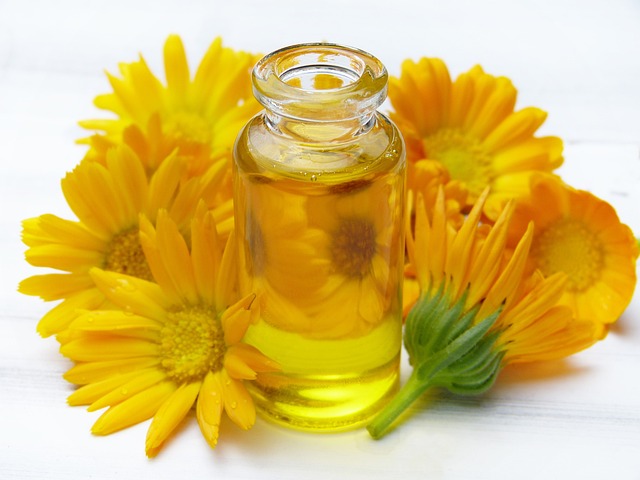
In the realm of skin rejuvenation, collagen boosting facials have emerged as a game-changer for many individuals seeking to combat signs of aging and achieve a more youthful appearance. These facials are designed to stimulate the production of collagen, a protein essential for maintaining skin elasticity and a smooth texture. By delving into the world of collagen therapy, practitioners can offer effective solutions tailored to individual needs.
Case studies showcase remarkable transformations, with subjects experiencing improved skin tone, reduced fine lines, and increased skin firmness. One particular case study highlights a 45-year-old woman who struggled with early signs of aging, including wrinkles around the eyes and mouth. After a series of collagen boosting facials, she noted a significant improvement in her skin’s overall texture and a noticeable reduction in the depth of her fine lines. These real-life results demonstrate the potential of collagen therapy to revitalize and rejuvenate the skin, providing clients with a non-invasive approach to achieving a more youthful glow.
